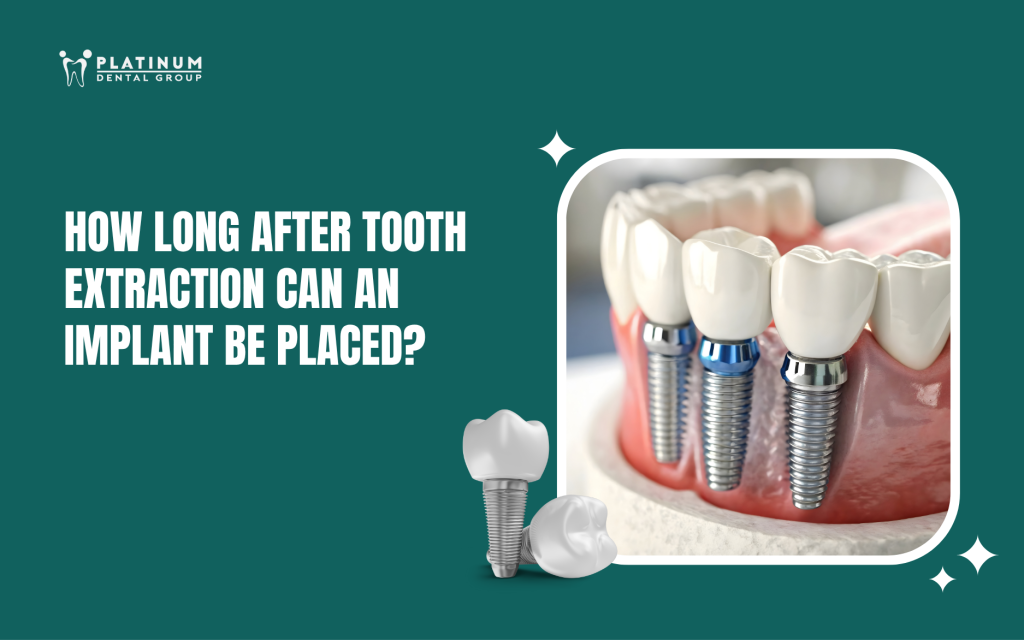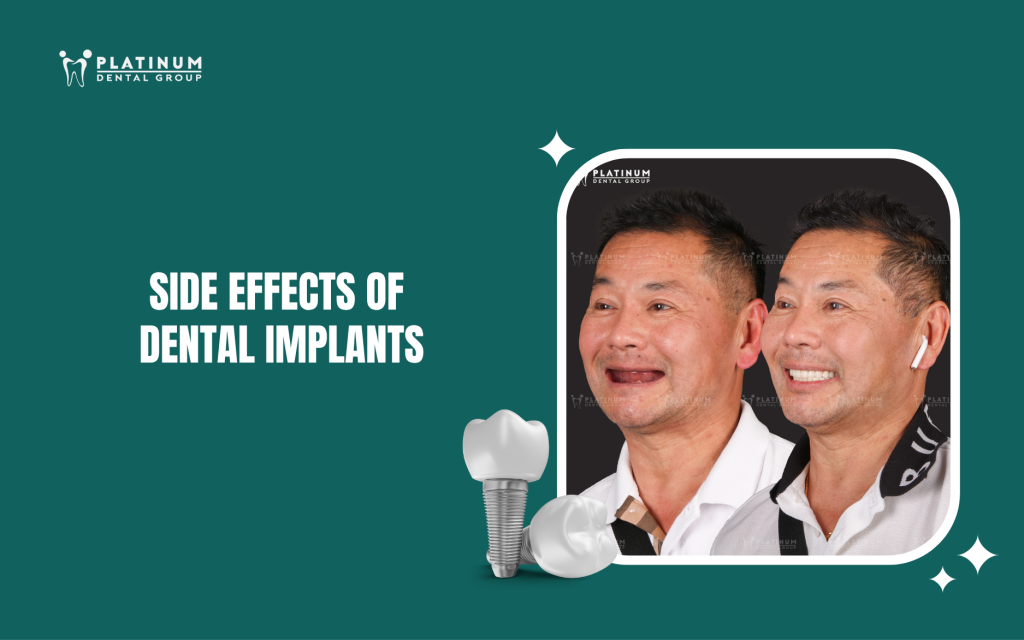How long does it take for dental implants to heal?
The healing time after dental implant placement is not the same for each person. It depends on the condition of the jawbone, the overall health of the body, the type of implant, as well as the doctor’s skills. The recovery process often goes through many stages, from gum healing and bone integration to the completion of the porcelain implant. So, how long does it take for dental implants to heal? When can you eat and drink normally? Refer to the answer in the article below by Platinum Dental Group!
In this article, Platinum Dental Group will help you learn in detail about the healing stages after implant placement, the average recovery time, normal and abnormal signs to pay attention to, as well as how to care for the wound to heal quickly and the implant to be stable for a long time. If you or your loved one is preparing to have dental implants, the following information will help you understand better, feel more secure and have the best preparation for the journey to restore a healthy and beautiful smile.
Nội dung bài viết
- 1 How long does it take for a dental implant to heal? Stages of healing after implant placement
- 2 How long does it take for dental implants to heal?
- 3 Factors affecting how long it takes for dental implants to heal
- 4 Signs of wound healing/ abnormality to watch out for
- 5 Care instructions for wounds to heal faster
- 6 Safe dental implants, quick recovery at Platinum Dental Group
How long does it take for a dental implant to heal? Stages of healing after implant placement
After completing the implant surgery, the healing process of the Implant will take place in specific stages. On average, the implant needs 3-6 months to fully integrate with the jawbone, depending on the patient’s condition and the method of implementation. Understanding these stages will help you take better care of yourself and monitor your recovery process.
Immediate postoperative period (0-24 hours)
Immediately after implant placement, the surgical area will feel numb due to the anesthetic, then turn to mild pain, swelling and dull pain for the first few hours. This is a completely normal reaction of the body when the soft tissue begins the self-healing process.
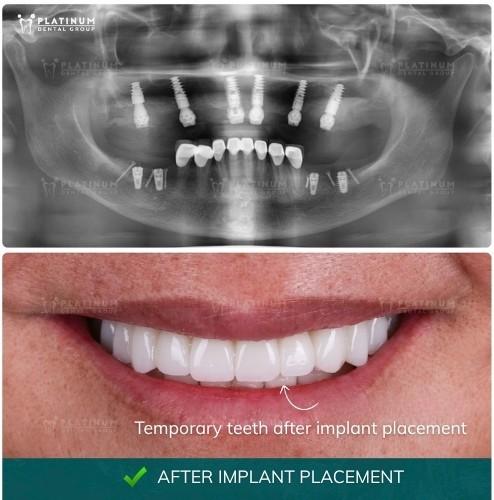
During this period, the patient should rest, apply cold compresses to the cheek for the first 24 hours to reduce swelling and limit strenuous activity. You should also not spit, rinse your mouth vigorously or touch the surgical area to avoid dislodging the stitches or causing infection. If your doctor prescribes painkillers and antibiotics, use the correct dose and for the correct duration as directed to support the best recovery process.
Soft tissue recovery (1-14 days)
After about 1-2 days, the swelling and pain will begin to subside. At this time, the gum tissue around the implant enters the regeneration and healing phase. By day 7, the gum is relatively stable, and from day 10-14, most patients will feel the implant area is almost normal, with no more pain or bleeding.
During this period, it is important to maintain good oral hygiene but gently. You should:
- Use a soft-bristled toothbrush or a toothbrush specifically for the implant area.
- Rinse your mouth with an antiseptic solution as directed by your doctor.
- Eat soft, cool foods; avoid spicy, hot, chewy or hard foods.
- Do not chew directly on the implant area.
This is the foundation stage, determining the stability of the implant in the following months, so you need to follow your doctor’s instructions carefully.
Osseo-integration phase (from 1 month to several months)
Once the soft tissue has healed, the bone integration process begins. This is the stage where the implant is “hugged” and firmly bonded to the jawbone – called osseo-integration. Normally, this process takes place in about 6-12 weeks, but can be shortened to 4-8 weeks if using modern implant lines such as DIO UV, Straumann, ETK, … with surface treatment technology to help stimulate bone cells to grow faster.
Ms. Thai Thi Vien (65 years old) successfully had dental implants at Platinum Dental Group
During this time, you will almost no longer feel any pain or discomfort, but you should still avoid eating foods that are too hard and limit strong impacts on the implant area to ensure the implant is stable and fully integrated with the jawbone. The doctor will schedule regular follow-up visits to check the integration and stability of the implant before moving on to the restoration step.
Attach abutment and porcelain crown, complete restoration of lost teeth
After the doctor checks and confirms that the implant has firmly integrated with the jawbone, the next step is to attach the abutment and place the porcelain crown to complete the restoration of the lost tooth. This usually takes place about 3-6 months after implantation, depending on the integration status of each person.
Porcelain crowns are custom-made for each person, based on the shape, color and proportion of the face, helping to perfectly restore the aesthetics and natural chewing function like real teeth. This stage is gentle, painless, and usually requires 3-5 appointments over 5-7 days, depending on the specific treatment plan. After completion, you will have strong, aesthetic and natural implant teeth, helping you eat comfortably, pronounce clearly and be more confident in daily communication.
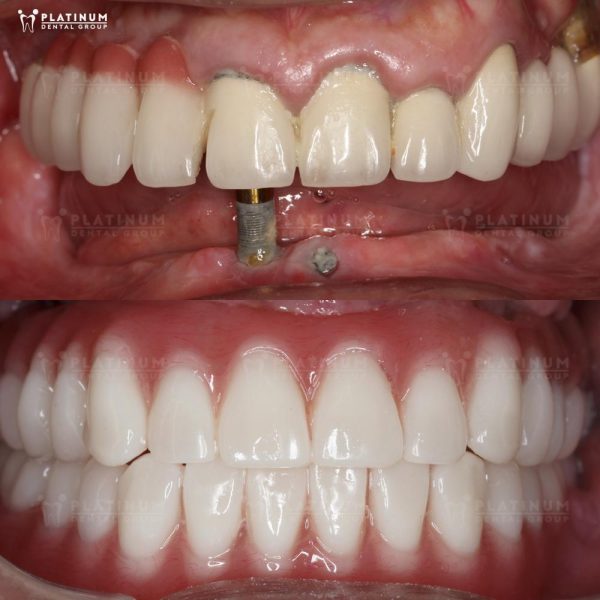
How long does it take for dental implants to heal?
One of the most common questions for people who have just had an implant is: “How long does it take to eat normally again?” In fact, you can eat immediately after having an implant, but you need to follow a diet according to each recovery stage to avoid affecting the healing process and bone integration.
First 24 hours after implant placement
During the first 24 hours, the surgical area is still very sensitive. You should not eat or chew directly on the implanted area. Prioritize liquid, soft, cool foods such as porridge, soup, milk, smoothies or cool juices. Absolutely avoid foods that are too hot, too spicy or alcohol because they can cause vasodilation, causing more bleeding and swelling. In addition, do not use a straw to avoid creating pressure in the oral cavity, causing the blood clot to dislodge, and slowing healing.

Soft tissue recovery phase (2-7 days)
After a few days, when the pain and swelling have significantly decreased, you can switch to softer foods such as rice, noodles, eggs, steamed fish, etc. However, you should still chew on the side opposite the implant area to avoid direct impact on the implant. At this stage, prioritize easily digestible foods rich in protein and vitamin C (meat, fish, green vegetables, soft fruits) to help the gum tissue recover faster.
After 2 weeks – 1 month
At this point, the gums and tissue around the implant have almost completely healed. You can start eating slightly harder foods, such as soft bread, chicken, sticky rice, but you still need to limit biting hard on the implant area. If you feel pain or slight numbness when chewing, you should stop and talk to your doctor for a check-up.
After 2-3 months (or after porcelain teeth are attached)
Once the implant has been firmly integrated into the bone and the doctor has completed the porcelain crown, you can eat and drink normally like real teeth. At this point, the implant tooth has the ability to withstand chewing force well, is stable and does not cause discomfort. However, to maintain the durability and longevity of the tooth, you should still limit biting on objects that are too hard (such as bones, stones, hard seeds) and avoid the habit of grinding your teeth.

Factors affecting how long it takes for dental implants to heal
The healing time after dental implant placement will vary from person to person. Some people only need a few weeks to stabilize, but in other cases, it takes several months for the implant to fully integrate into the jawbone. This depends on many factors, from the body, the type of implant, to the doctor’s skills and the technology used.
Jawbone condition
The initial condition of the jawbone is the most important factor affecting the healing process. If the jawbone is strong, thick and has good bone density, the implant will integrate quickly, usually in just 6-8 weeks.
On the contrary, for people who have lost teeth for a long time, have a lot of bone loss, or need bone grafting or sinus lift, the recovery time can be longer (4-6 months). Therefore, doctors will often prescribe a 3D Cone Beam CT scan to assess bone density and volume before planning the implant.
Implant type and rapid bone integration technology
The type of implant and the technology used directly affect the healing speed. High-end implant lines such as Straumann SLA Active, ETK Active or DIO UV Active have a specially treated surface, helping bone cells adhere faster, shortening the integration time to only 3-6 weeks.
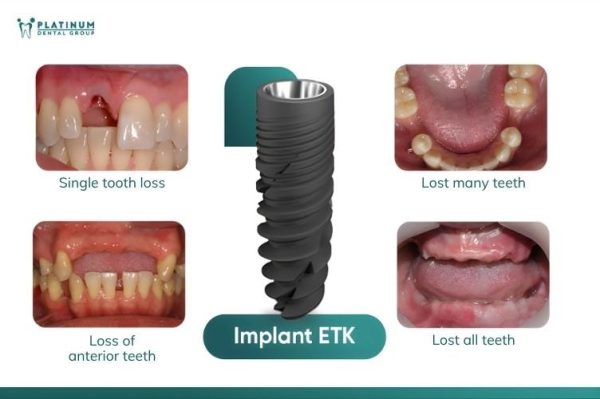
At Platinum Dental Group, customers can choose from a variety of genuine implant systems from Switzerland, Korea, France… combined with digital implant technology and DIO UV Active implant surface activation technology, helping the implant quickly “attach to the bone” and shorten the healing time. In qualified cases, doctors can also perform immediate implants, meaning implanting the implant immediately after tooth extraction, ensuring safety, saving time and the number of surgeries.
Overall health and personal habits
People who are in good health and do not have systemic diseases (such as diabetes, cardiovascular disease, or blood-clotting disorders) are often able to recover faster. Meanwhile, people who smoke, drink alcohol, stay up late regularly, etc., are prone to poor blood circulation, are prone to gingivitis and prolonged bone integration time.
To support the healing process, you should eat a healthy diet, supplement with vitamin C, calcium, and protein and follow the doctor’s care instructions during the early stages after implantation.
Techniques and skills of doctors and dental offices
The doctor’s technique and skill are the decisive factors in whether the implant heals quickly, stably and lasts long or not. When the doctor has solid expertise, understands bone structure and performs the right technique, the wound will be less painful and swollen, the soft tissue will heal quickly and the bone integration process will go smoothly.
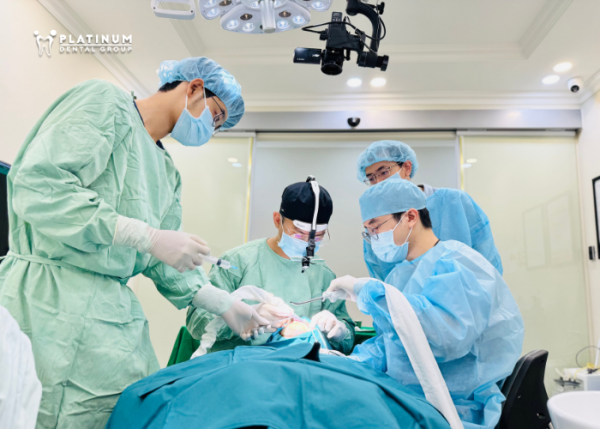
At Platinum Dental Group, the dental implant procedure is performed by an implant specialist with over 16 years of experience, along with a modern equipment system including a 3D Cone Beam CT scanner, a digital implant locator, and an international standard sterile operating room. Thanks to that, the implant is guaranteed to be accurate, safe, minimally invasive, and helps patients recover faster than with traditional methods.
Signs of wound healing/ abnormality to watch out for
After dental implant placement, monitoring the wound is very important to ensure proper healing. Below are normal and abnormal signs that you should pay attention to:
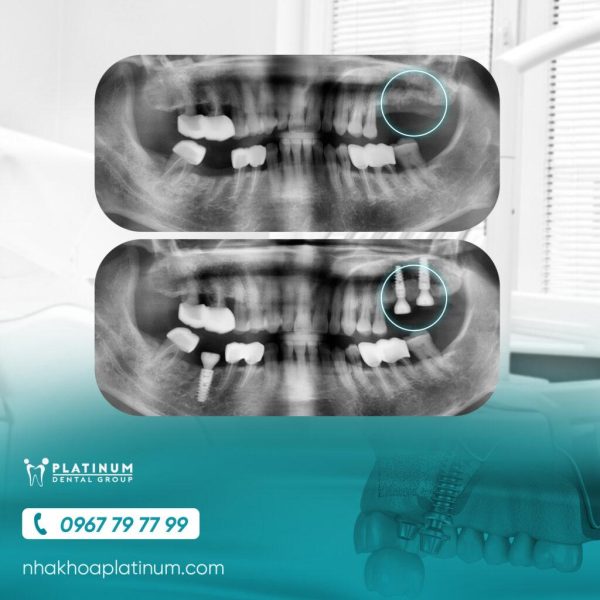
Good sign of healing:
- Mild swelling and mild pain in the first 1-3 days are completely normal. This feeling will gradually decrease when you apply cold compresses, rest and follow the doctor’s instructions.
- The gums will return to pink after 7-10 days, and the implant area will gradually stabilize and no longer bleed or hurt.
- There is no bad smell or discharge, normal breathing, eating and chewing is easy without feeling uncomfortable.
- During the follow-up examination, the doctor confirmed that the gum tissue is well attached around the implant, and there are no signs of inflammation or bone loss around the implant.
Warning signs (abnormal)
- Pain that lasts more than 5 days or increases instead of decreasing.
- Swelling, bleeding or pus, gums turning purple or dark red.
- The implant is loose or feels loose to the touch.
- Fever, fatigue, bad breath – these could be signs of infection around the implant.
If any unusual signs appear, you should immediately go to a reputable dental clinic like Platinum Dental Group to have a doctor examine, take X-rays and handle them promptly. Early detection helps protect the implant and avoid complications affecting the jawbone.
Care instructions for wounds to heal faster
Proper care after dental implant placement not only helps the wound heal quickly but also ensures that the implant integrates firmly with the jawbone, maintaining long-term durability. Below are important instructions you need to follow:
Eat right to support healing
- For the first 2-3 days, you should eat soft, cool foods such as porridge, soup, smoothies, and yogurt.
- Avoid foods that are too hot, spicy, hard or chewy because they can affect the implant area.
- Drink plenty of water and supplement foods rich in vitamin C, calcium, and zinc to promote tissue and bone regeneration.
Clean teeth gently and properly
- During the first 24 hours, do not rinse your mouth vigorously or brush your teeth directly on the newly implanted area.
- After the first day, you can rinse your mouth with saline or a mild antiseptic solution as directed by your doctor.
- Use a soft-bristled toothbrush and gently brush the surrounding teeth, avoiding damaging the healing gum tissue.
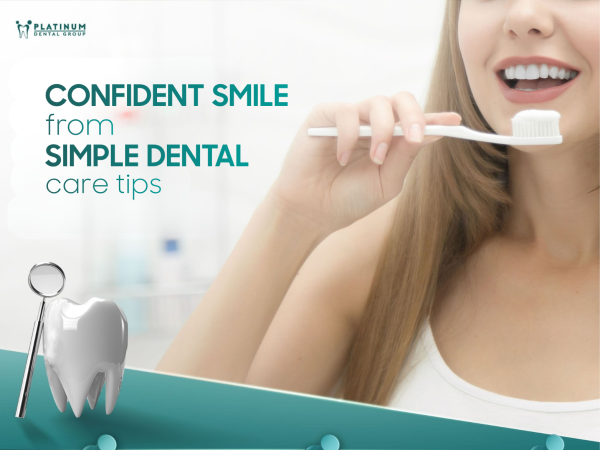
Avoid harmful habits
- Do not smoke or drink alcohol for at least 2 weeks after implantation, as these substances reduce blood circulation and increase the risk of infection around the implant.
- Limit grinding teeth or using the newly implanted tooth to chew hard foods in the early stages.
Adhere to regular check-ups
- After implant placement, you should return for a follow-up visit as scheduled by your doctor to monitor the bone integration process and gum condition.
- If you notice any signs of swelling, pain, or loose implants, you should get checked immediately to avoid affecting the treatment results.
Safe dental implants, quick recovery at Platinum Dental Group
When it comes to dental implants, safety and quick recovery time are the top concerns of customers. At Platinum Dental Group, the implant procedure is performed according to international standards, applying modern technology to help the healing process take place faster, limiting invasion and post-operative complications.
Safe implant procedure – International standards
Platinum Dental Group applies a strictly controlled implant procedure. All steps from 3D Cone Beam CT scan, digital implant planning to surgery are performed in a completely sterile room, ensuring maximum accuracy and safety.
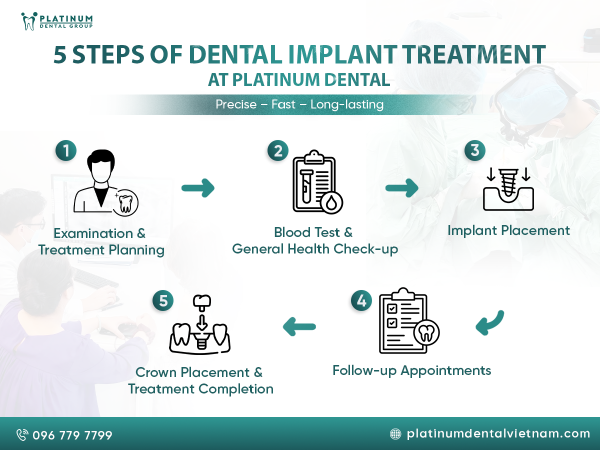
Advanced Implant technology helps heal quickly
Platinum Dental Group is equipped with a leading modern technology system, helping the treatment process take place quickly, safely and significantly shorten the healing time.
The center applies Implant DIO UV Activator technology – a new step forward in modern dentistry. Thanks to activating the surface of the Implant pillar with UV rays, the ability to integrate bone is doubled, helping:
- Shorten healing time to 3-4 months, compared to an average of 6 months with the traditional method.
- Reduce inflammation, swelling and pain after implantation.
- Increase the stability and longevity of the implant.
In addition to UV Activator technology, Platinum Dental Group also invests in a specialized machinery system to support absolutely precise implantation, including:
- 3D Cone Beam CT Scanner: Helps doctors accurately determine bone structure, nerves and gum tissue, thereby planning safe and effective treatment.
- 3D Implant Positioning Software: Simulates the entire implant process on the computer, ensuring the position and direction of the implant are accurate to the millimeter.
- Non-traumatic Piezotome: Helps cut bones gently, reduces pain and swelling and limits soft tissue damage.
- iTero 5 & 3Shape TRIOS Scanner: Modern digital dental impression device, helps to record the shape, color and structure of teeth accurately, supporting the fabrication of porcelain crowns that fit tightly and naturally like real teeth.
- T-Scan: Measure and adjust the digital bite, ensuring a standard bite, long-term stability after restoration.
- FaceScan & Smile Design technology: Design a digital smile that is in harmony with the face, helping you visualize the aesthetic results after treatment.
With international standard facilities, absolutely sterile operating rooms and a team of experienced implant specialists, Platinum Dental Group brings you a gentle, fast-healing, long-lasting dental implant experience.
An implant specialist performs directly
The team of doctors at Platinum is all highly trained in implant techniques and technology in Vietnam and abroad (Korea, Germany), with more than 16 years of clinical experience. Each implant is personalized based on the jawbone condition, health and aesthetic needs of each customer, ensuring safety and optimal effectiveness.
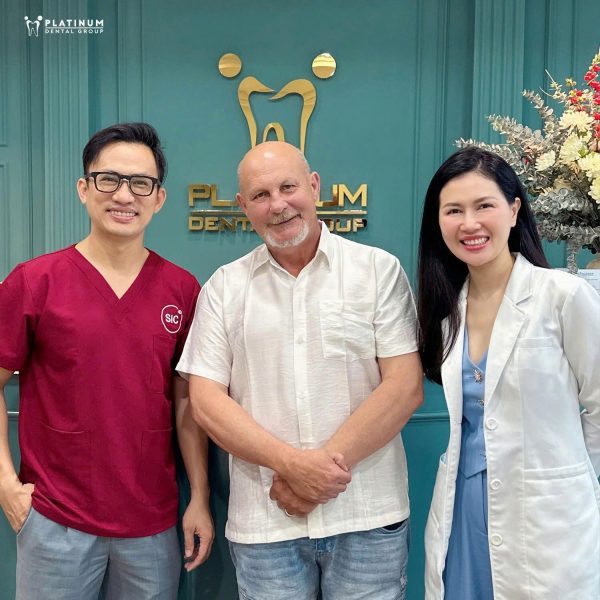
Dedicated post-operative care – Lifetime companionship
After surgery, customers are closely monitored for recovery and given detailed instructions on home care. Platinum also offers a lifetime warranty on implants and free periodic check-ups, helping customers feel secure in using their teeth for a long time.
Results: Quick recovery – Confidently chew like real teeth
Thanks to advanced technology, doctor skills and standard medical procedures, most customers at Platinum Dental Group can chew lightly after 7-10 days and have complete bone integration after 3-4 months. Implant teeth are not only strong but also natural and highly aesthetic, bringing a confident and long-lasting smile.
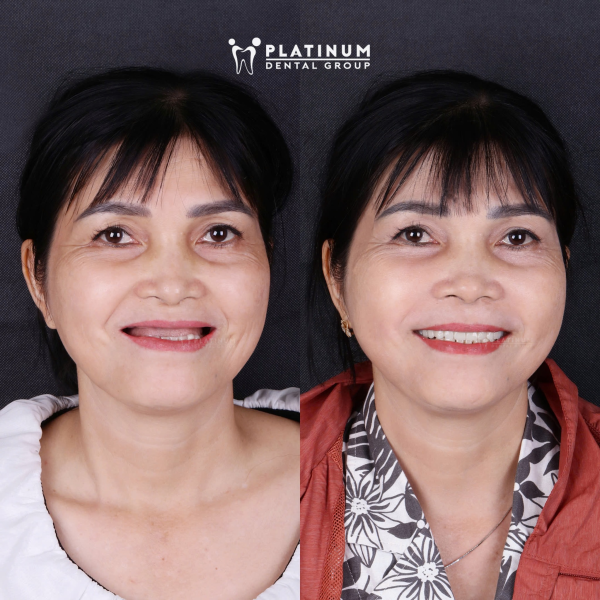
Dental Implant is the optimal method of restoring lost teeth, helping to restore chewing ability and aesthetics like real teeth. Healing time usually lasts from 3-6 months, depending on jawbone condition, health and implementation technique. If implanted correctly, properly cared for and monitored regularly, dental implants can last for decades.
At Platinum Dental Group, the dental implant process is performed safely, with quick recovery and high aesthetics, with a team of specialized doctors and leading modern technology. If you or a loved one is missing teeth, schedule a free consultation today via Hotline 0967 797 799 – 0967 178 799 to be examined by an Implant specialist at Platinum and have a personalized treatment plan, helping you soon be confident with a healthy smile.
Learn more:
- Key facts to know about Dental Implant
- An overview of teeth Veneers
- Overview of the cost of a single tooth Implant
- Key aspects of Crown Dental solutions
- Essential details related to all on four Dental Implants
- General information about full mouth Dental Implants near me
Platinum Dental Group
Clinic Locations:
📍Platinum Dental Central: 127 Nguyen Cu Trinh Street, Cau Ong Lanh Ward, Ho Chi Minh City
📍Platinum Dental Thao Dien: 1H Street 10, An Khanh Ward, Ho Chi Minh City
📞 Hotline: (+84) 28 3920 9969 | 096 779 7799
✉️ Email: info@platinumdentalvietnam.com
🌐 Website: https://platinumdentalvietnam.com/
💬 Instagram: https://www.instagram.com/platinumdental.vietnam/
🔗 Facebook: https://www.facebook.com/platinumdentalvn



 Tiếng Việt
Tiếng Việt
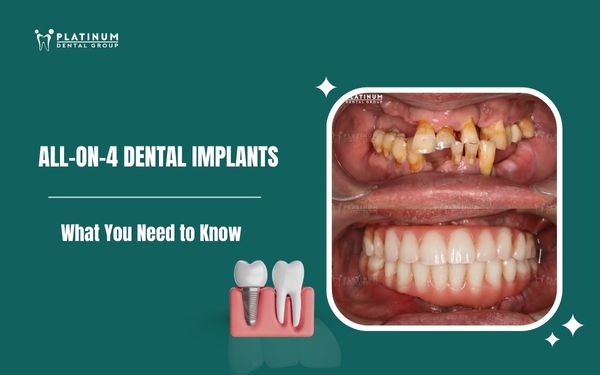
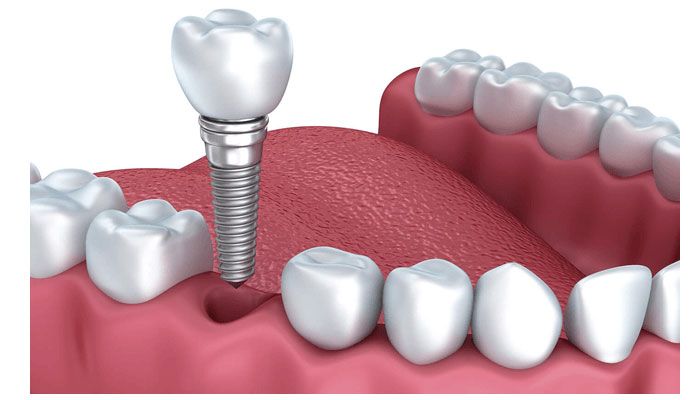

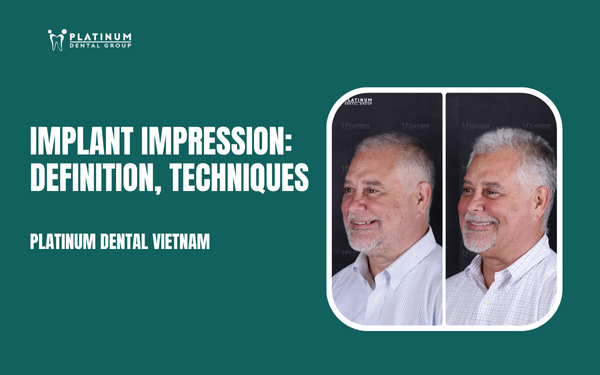
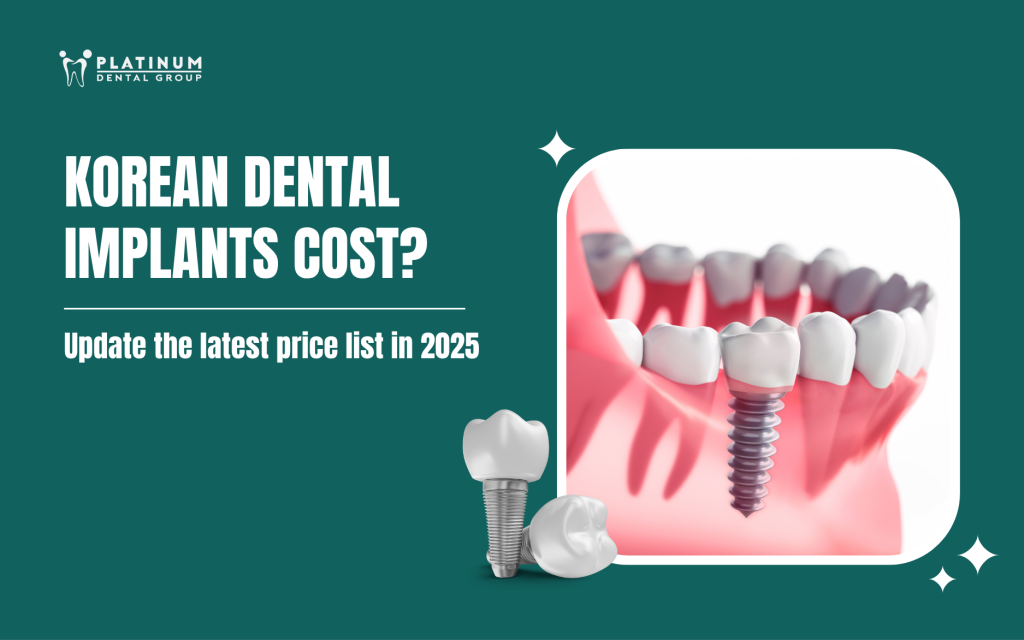



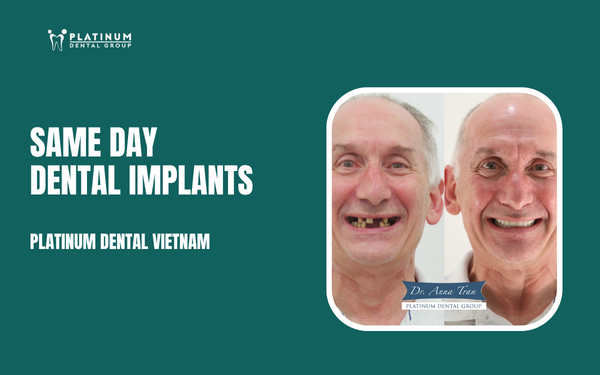
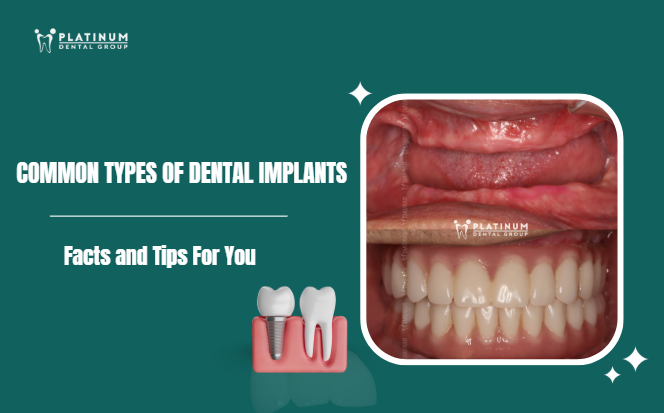
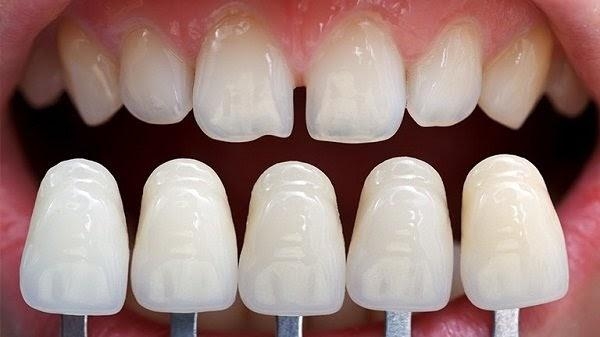
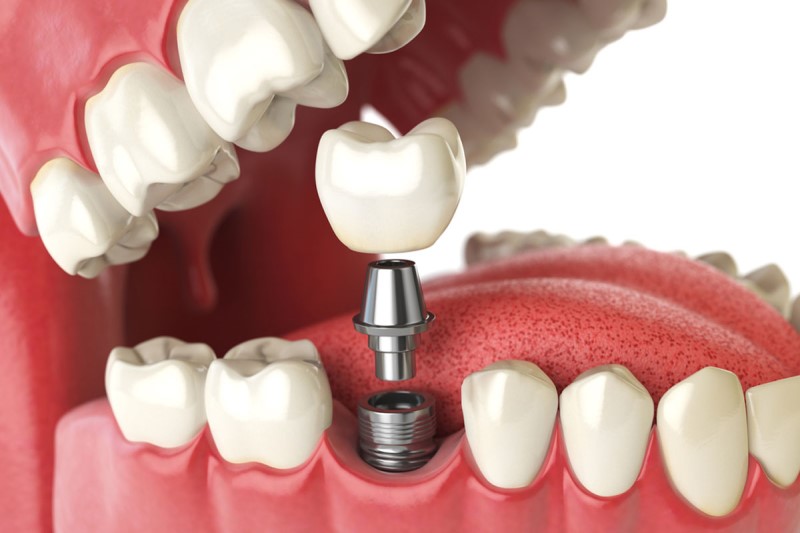

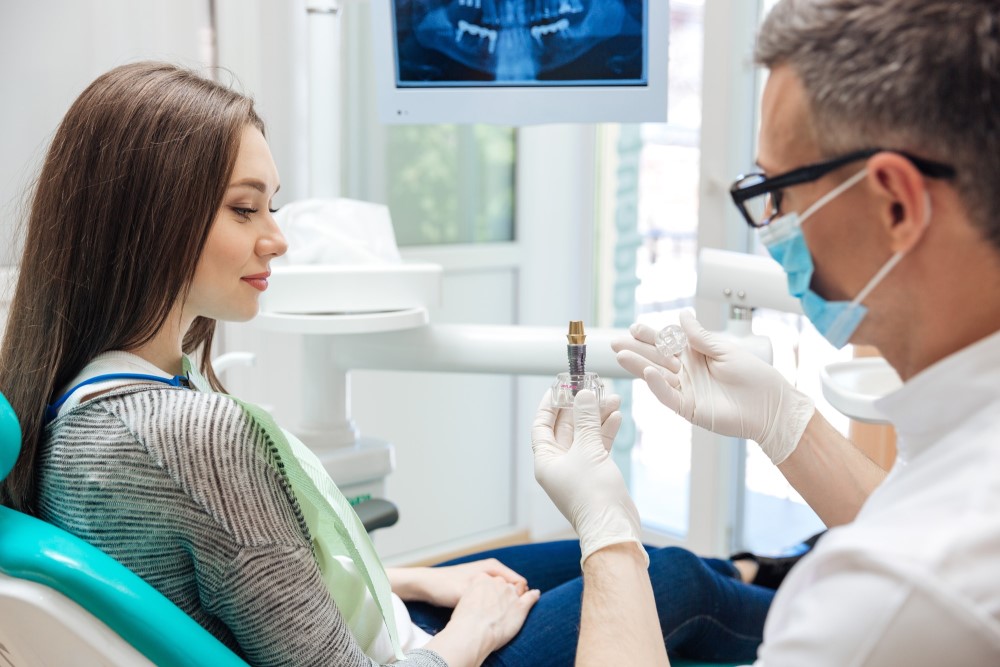


![[Updated 2025] How long does the dental implant process take? Influencing factors 29 how long does the dental implant process take](https://platinumdentalvietnam.com/wp-content/uploads/2025/11/how-long-does-the-dental-implant-process-take-4.jpg)
